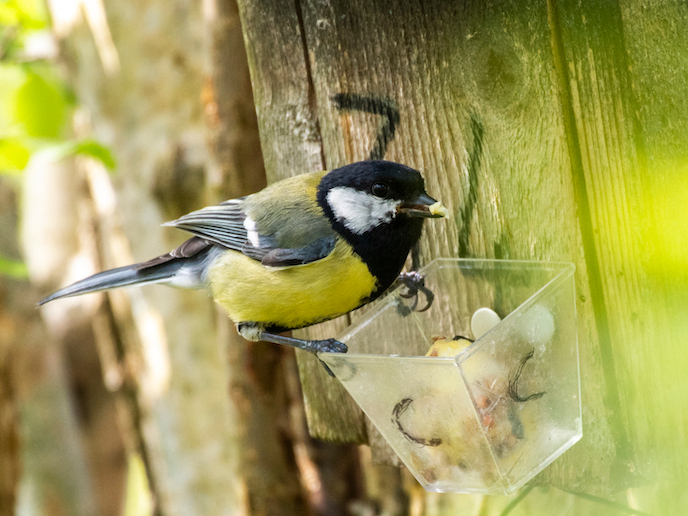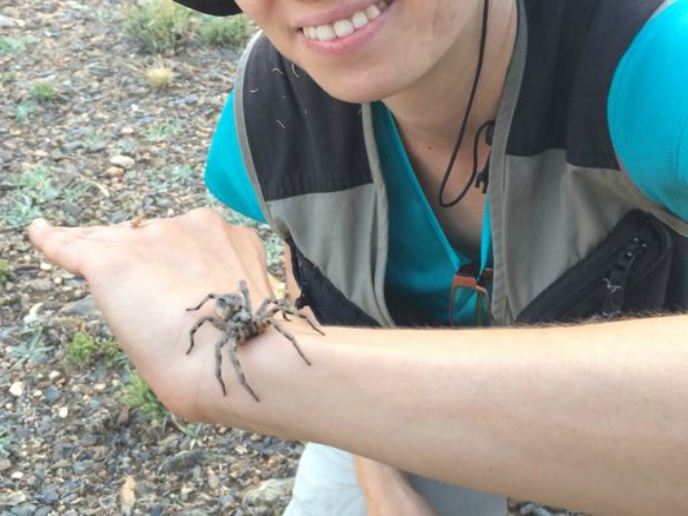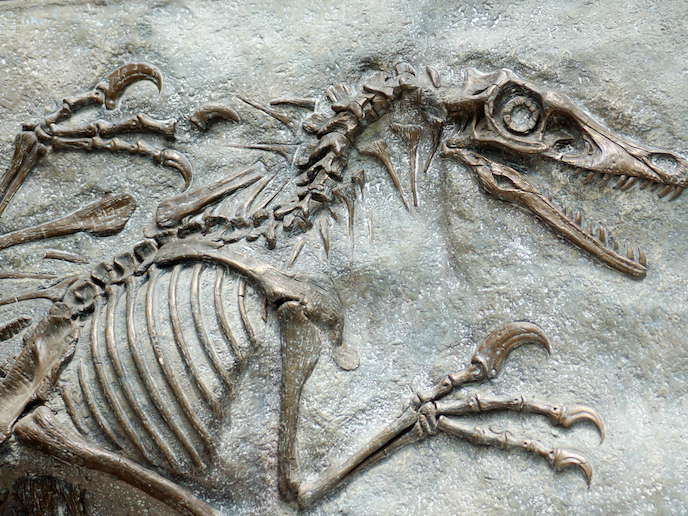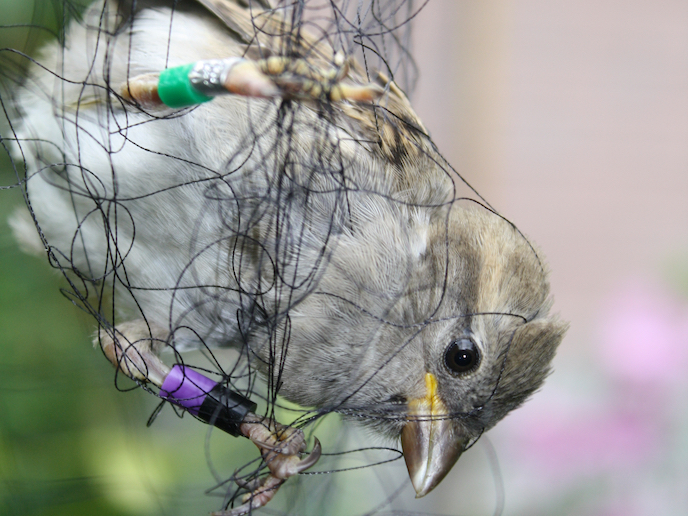Antioxidants and early nutrition protect cognitive ability in birds
Individual cognitive performance in a species can influence reproductive success through selective processes before and after mating. In pre-mating selective processes, animals display cognitive ability, such as complex bird songs, to attract mates. In post-mating mechanisms, especially important in parental caregiving species, cognitive performance can be linked to success in finding high-quality food for offspring, for example. “However, as the brain needs a lot of energy, there are likely trade-offs between cognitive performance and reproduction. There remains debate about whether the links between cognition and reproductive success are causal or driven by another factor, such as ageing,” says Laure Cauchard, Marie Skłodowska-Curie research fellow from the EU-funded COSuccess project. Studying the problem-solving ability of birds, COSuccess discovered that problem-solving in great tits declined with age and was causally linked to reproductive success, at least for males. Additionally, dietary antioxidants supplemented early in life boost adult problem-solving ability, most likely by protecting the brain during development.
The influence of oxidative balance
Animals convert energy stored in food into energy for cells, enabling organisms to develop, reproduce and survive. Small organelles called mitochondria are key to this process but their numbers decline with age. Mitochondria also generate waste products known as reactive oxygen species (ROS), which causes oxidative stress, accelerating ageing and impairing cell functioning, especially of neurons. Antioxidants, acquired biology (endogenously), for example from enzymes, or through diet, protect against this. “What we see in birds is a virtuous cycle. Males with better problem-solving abilities demonstrated higher provisioning rates for themselves and their young, bringing more larvae – a high-value food – to their chicks. Better nutrition can mitigate the ageing effect on cognition, so individuals that can access a better food protect themselves from cognitive decline which in turn helps them remain effective foragers,” explains project coordinator Pierre Bize from the Swiss Ornithological Institute, the project host.
Pecking order
The project concentrated particularly on wild populations of great tits – renowned for being innovative foragers – in Gotland, Sweden. The team measured problem-solving ability by blocking the entrance to nest boxes during breeding for an hour at a time, unless parents pulled a string to open the door. Data on individual performance was then collected over years. Meanwhile, infrared cameras monitored the differences in food provisioning between successful and unsuccessful problem-solving parents, capturing the effects on foraging and reproduction. Finally, dietary antioxidants were fed to chicks and adults to test the long- and short-term consequences of nutrition for problem-solving. “Measuring cognitive abilities in the wild is difficult, so we are pleased with our longitudinal solution – which doesn’t involve captivity or interactions with humans – giving us a large valuable data set,” notes Cauchard.
The path to healthy ageing
With humans living longer, finding ways to age more healthily is a priority. “We rely on our cognitive ability routinely in daily life and COSuccess highlights the importance of dietary antioxidants and early nutrition to protect cognitive ability,” adds Bize. COSuccess also highlights the importance of maintaining biodiverse and nutrient-rich ecosystems, affording access to high-quality food for animals increasingly adapting to human-induced changes in their environment. The team are now interested in whether antioxidants can slow down cognitive ageing and which specifically protect the brain. Studies are also anticipated to validate results in other species and for more cognitive traits.
Keywords
COSuccess, great tit, bird, brain, cognitive performance, reproduction, forage, antioxidant, diet, problem-solving, ageing







